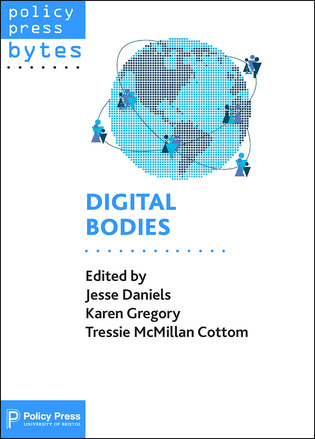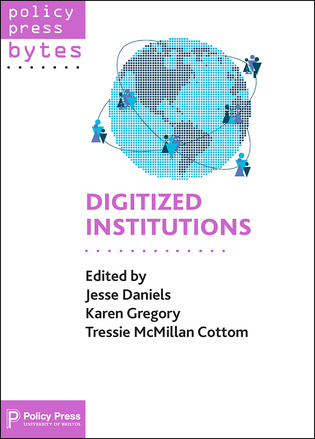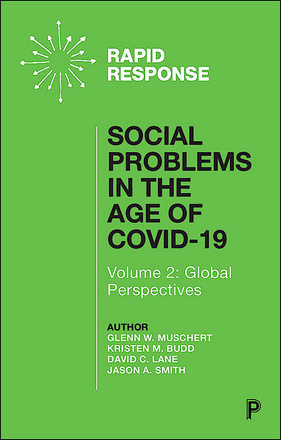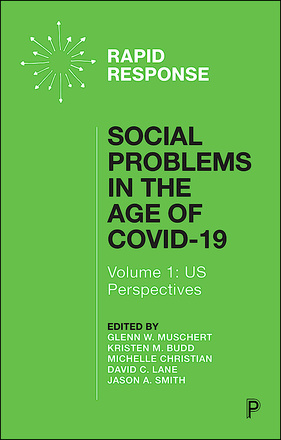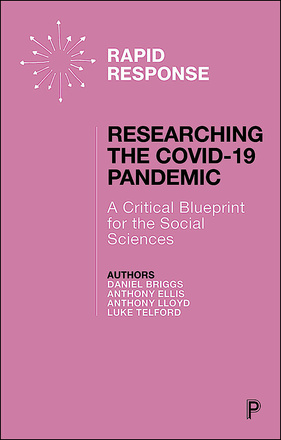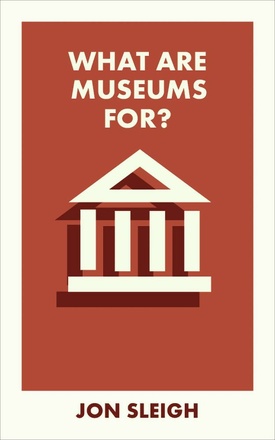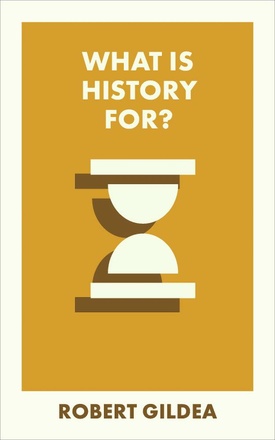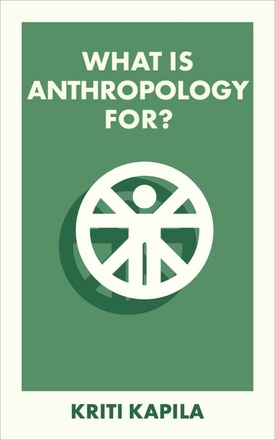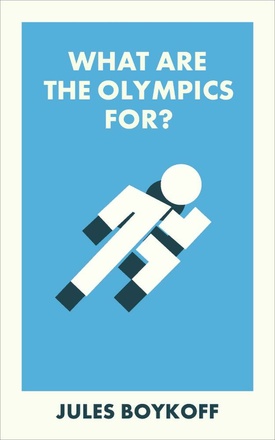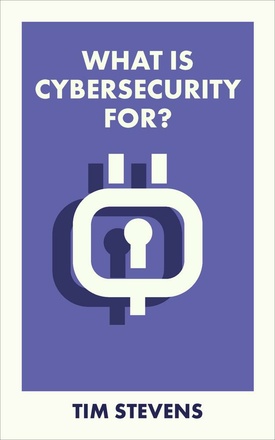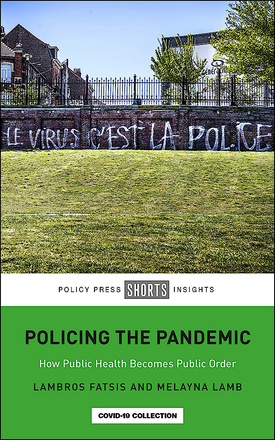Sociology
Digital Bodies
The pieces in this Byte raise important questions about what it means to bring our embodied selves into contact with digital media technologies. The selections expand our understanding of what it means to live in and through bodies augmented by digital technologies within a deeply unequal social world.
Digitized Institutions
In this Byte, the contributions consider the way that digitally meditated social processes are transforming institutions. It examines the interconnectedness of institutions and considers digitization across schooling, work, and media, with an eye on inequality.
Social Problems in the Age of COVID-19 Vol 2
Global Perspectives
Published with SSSP, this book addresses the greatest social challenges facing the world as a result of the COVID-19 pandemic. The authors propose public policy solutions to help refugees, migrant workers, victims of human trafficking, indigenous populations and the invisible poor of the Global South.
Social Problems in the Age of COVID-19 Vol 1
US Perspectives
This book provides accessible insights into pressing social problems in the United States in the aftermath of the COVID-19 pandemic and proposes public policy responses for victims and justice, precarious populations, employment dilemmas and health and well-being.
Researching the COVID-19 Pandemic: A Critical Blueprint for the Social Sciences
Challenging social science’s established orthodoxies, this book is a call for academia to embrace new theoretical frameworks and research methods to better understand the reality of life in a post-Covid world.
What Are Museums For?
Museums today are a cultural battleground. Jon Sleigh maintains that museums must be for all people and inclusion must be at the heart of everything they do. He uses museum objects from different museums to explore trust-building, representation, digital access, conflicting narratives, removal from display and restitution.
What Is History For?
Gildea suggests that the more people who really understand what good history entails, the more likely history is to triumph over myth. He sees positive signs in public history, citizen historians and community projects, debunking claims that ‘you cannot rewrite history’, arguing that good history that’s attuned to its times must be rewritten.
What Is Anthropology For?
Should the line be maintained between nature and cultural, the biological and the informational, the human and the planetary? Kriti Kapila argues that anthropology provides an essential set of tools for analysing our social reality and makes a case for its unique insights into our human connection, relatedness and exchange.
What Are the Olympics For?
While attention is on Olympic triumphs and tribulations, there is much that goes on behind the scenes that is deeply troubling. Boykoff tells us that radical steps are required if the Games are to be fixed and only then will they be truly ‘athletes first’.
What Is Cybersecurity For?
Cybersecurity is one of the key practical and political challenges of our time. This book explains the complexities of global information systems, the challenges of providing security to users, societies, states and the international system, and the multitude of competing players and ambitions in this arena.
What Are the Olympics For?
While attention is on Olympic triumphs and tribulations, there is much that goes on behind the scenes that is deeply troubling. Boykoff tells us that radical steps are required if the Games are to be fixed and only then will they be truly ‘athletes first’.
Policing the Pandemic
How Public Health Becomes Public Order
Written in the context of the #BlackLivesMatter protests, this book explores why law enforcement responses to a public health emergency are prioritised over welfare provision and what this tells us about the state’s criminal justice institutions.







